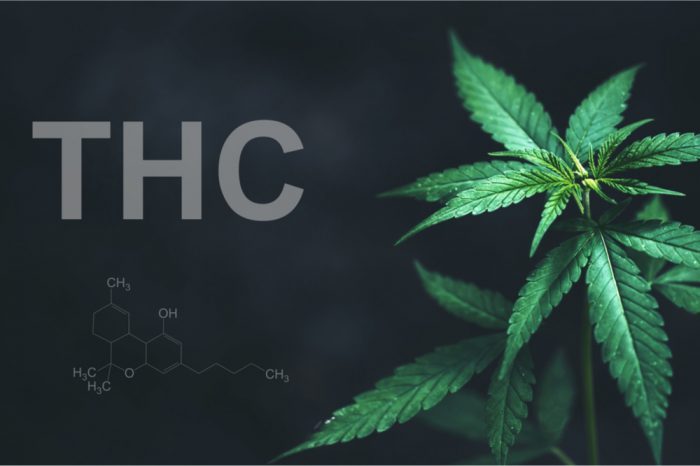There are many things to consider when picking your medicine.
If you’ve been taking cannabis as a medicine, or if you’ve simply been part of the cannabis community long enough, then you’ve likely heard the terms “THC” and “CBD.” What are these things, and why are they important to your therapy?
THC, or tetrahydrocannabinol, is the compound in cannabis that causes the plant’s characteristic “high.” THC belongs to a class of chemicals called cannabinoids, and it’s measured either as a percentage (e.g. 20% THC) or as milligrams per serving (e.g. 10mg THC).
CBD, or cannabidiol, is the second most common cannabinoid found in cannabis. Unlike THC, it doesn’t get anyone “high,” although it still provides many medicinal properties. It’s measured in the same ways as THC (or any other cannabinoid in a cannabis product).
First, let’s dispel some myths.

Myth 1: THC is recreational and CBD is medicinal
This is a common misconception spread by the media and some uninformed medical professionals. Although THC is certainly the “party component” of cannabis, it has a number of medicinal properties, too. In fact, CBD and THC share many of the same properties, such as sedation, anti-inflammation, anti-tumoral, and controlling pain.
Take home message: both THC and CBD can be therapeutic. You can use them alone or together.
Myth 2: CBD does not have psychoactivity
CBD can be psychoactive, it just doesn’t get anyone high by itself. Anecdotally, in high amounts (>100mg), CBD can create feelings of alertness, focus, or energy. This is hardly a “high,” and compares to the buzz of caffeine more to the one from by smoking a joint.
When CBD combines with THC, it can contribute to some psychoactive properties. In smaller amounts (<50mg), CBD can taper the effects of THC. Many patients will take CBD if they get too anxious from THC. At higher doses (>100mg), CBD combined with THC can create a “trippy” effect in some users, although this effect is nowhere near as powerful as a hallucinogen such as psilocybin or LSD.
Myth 3: You only need CBD for medicinal use
CBD-only therapies have grown popular among families with children who rely on cannabis. Although CBD alone can be incredibly beneficial, it does have limits. Some patients may require high-THC therapies; others could benefit from combining THC with CBD. It really depends on the patient.
Explaining the Differences
Without getting too technical, just know that THC and CBD tend to target different parts of our bodies. THC targets our nervous system (brain, spinal cord, nerves) whereas CBD targets our immune system (white blood cells, tonsils, spleen). This suggests THC is best for conditions related to nervous system imbalances: nerve pain, neurological and mood disorders.
On the other hand, because CBD targets the immune system, it’s best for reducing swelling. Its also great for controlling inflammation, or combating pain from swelling/inflammation. However, CBD can work wonders for some neurological conditions. It is most famous for reducing the severity and frequency of seizures. CBD also seems to regulate blood pressure and can strengthen bones. There is some evidence, too, that CBD can also treat mood issues such as anxiety or depression, too.

Which Therapy Should You Use?
Again, whether you should exclusively use CBD or THC, or whether you combine the two is entirely up to you and what you need medicinally. If you’d prefer to avoid the “high” that comes with smoking or eating cannabis, then it’s probably best to use CBD. If you’re treating nerve-related issues, or if the “high” is part of your therapy (such as for treating depression, anxiety, etc.), then THC may be the way to go.
However, you can safely combine CBD and THC. After all, both compounds naturally appear in the cannabis plant. By combining the two, you take full advantage of the entourage effect, and because you’re targeting both the nervous and immune systems, you could benefit from a greater whole-body therapy.
In the end, the patient and their doctor should be the final arbiters on what’s best for therapy. Newer patients will want to take the time to experiment with which cannabinoids and chemovars work best along with which delivery methods are most convenient/effective. However with a bit of trial and error, healing is possible.





